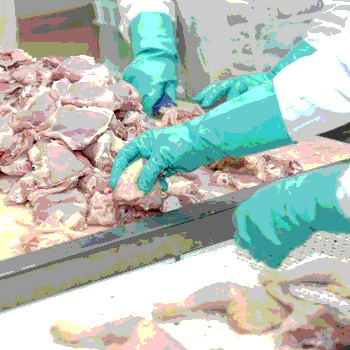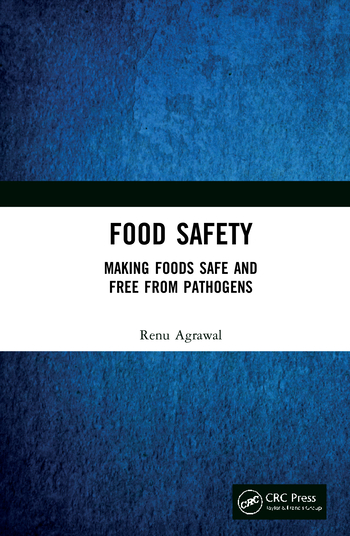Recent Foster Farms Salmonella Outbreak Illustrates USDA Food Safety Regime

Seven unusually virulent and antibiotic resistant strains of Salmonella Heidelberg have been linked to an outbreak that—as of October 15—has affected 317 people in 20 states. Those ill are suffering an exceptionally high 42% hospitalization rate. By October 7, epidemiologists traced the outbreak to three Foster Farms chicken plants. Although it was announced recently that Foster Farms had avoided the harshest of the U.S. Department of Agriculture (USDA)’s enforcement measures—the suspension of Food Safety and Inspection Service (FSIS) inspections—by making immediate changes to its manufacturing practices, it has thus far elected not to recall its products.
Salmonella in uncooked poultry is not technically an adulterant under USDA regulations. Nor, technically speaking, does Foster Farms have any legal obligation to recall its chicken. On the other hand, individuals who violate certain provisions of the Poultry Products Inspection Act can be charged with felonies, as can their employers. And USDA has other effective tools with which to encourage—if not compel—companies to act in what the agency believes to be consumers’ best interests. FSIS can seize products or stop entire production lines. If the deficiencies are more serious, FSIS agents can withhold USDA inspection marks, preventing the sale of affected goods. In the most extreme cases, such as when a poultry processor has failed to comply with Salmonella-related regulations, USDA can suspend inspections altogether. Without inspection, a USDA-regulated facility cannot legally produce products for human consumption. Although threatened here, corrective actions implemented by Foster Farms appear to have convinced the USDA to avoid taking any of these actions. USDA did issue a Public Health Notice on October 7, associating the outbreak with Foster Farms, advising consumers to avoid three particular production codes and reminding the public of the importance of safe handling instructions.
Given USDA’s considerable leverage, the decision to recall a product may not be voluntary in the strictest sense. When faced with a situation like Foster Farms’, however, companies should remember that a well-handled recall can both protect the public health and burnish the corporate image. Effective recalls are decisive and emphatic—despite immense time constraints and a dearth of information. Press releases and other communications are straightforward and accurate. Special attention is given to establishing the scope of the recall; if it is initially too narrow, there is a risk of later expansion, more injured consumers and civil complaints, and an elongated media cycle. If the scope is too broad, wholesome product will be withdrawn from the market at great and unnecessary expense.
Successful recalls are most often achieved by companies that have comprehensive recall plans and extensive practice implementing them. As of May 8, 2013, all meat and poultry producers are required to maintain written recall procedures. Those procedures must specify not only how recall decisions will be made, but also the procedures to be followed in the event of a recall. Foster Farms could not possibly have predicted all of the variables it now faces. Just as certainly, more extensive preparation would have assisted the company.
Meghan Cloud and James Neale serve as counsel and partner respectively in McGuireWoods’ Charlottesville office, where they advise clients in the food and beverage industry on food safety law, regulatory compliance, product liability litigation and food recalls. They may be reached at mcloud@mcguirewoods.com and jneale@mcguirewoods.com.
Looking for a reprint of this article?
From high-res PDFs to custom plaques, order your copy today!








